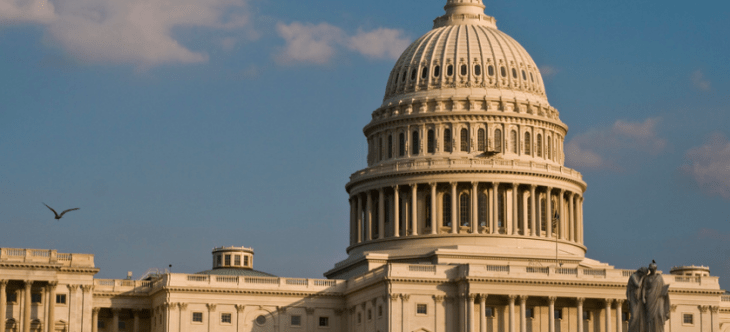This morning the House passed the USA FREEDOM Act by a vote of 303 to 121. The bill, aimed at curbing the National Security Agency, was, in the views of privacy groups and the like, neutered late in its life, leaving it as little protection against bulk collection of private data.
After this morning’s vote, the Center For Democracy & Technology disparaged the bill’s passage: “We withdrew support for USA FREEDOM when the bill morphed into a codification of large-scale, untargeted collection of data about Americans with no connection to a crime or terrorism.”
The center is not the only party that finds what passed the House to be unpalatable. Earlier this morning Rep. Justin Amash, a Republican from Michigan was plain when explaining his no vote on a bill that he was an original co-sponsor of:
This morning’s bill maintains and codifies a large-scale, unconstitutional domestic spying program. It claims to end “bulk collection” of Americans’ data only in a very technical sense: The bill prohibits the government from, for example, ordering a telephone company to turn over all its call records every day.
But the bill was so weakened in behind-the-scenes negotiations over the last week that the government still can order—without probable cause—a telephone company to turn over all call records for “area code 616” or for “phone calls made east of the Mississippi.” The bill green-lights the government’s massive data collection activities that sweep up Americans’ records in violation of the Fourth Amendment.
He goes on to note that the act does include “a few modest improvements,” but calls the situation in which Congressional leaders and President Obama “refuse to accept consensus reforms” that would uphold Constitutional protections “shameful.”
So what’s next? The House is done with NSA reform for now it seems, especially given that attempts to circumvent the stumbling USA FREEDOM Act failed. Therefore, it’s up to the Senate to take up the mantle of reform and run with it. There is a large and firm framework of dissent in the public record over what passed the House for the Senate to draw from. Let’s hope it does.
IMAGE BY FLICKR USER ANDREW MALONE UNDER CC BY-SA 2.0 LICENSE (IMAGE HAS BEEN MODIFIED)
